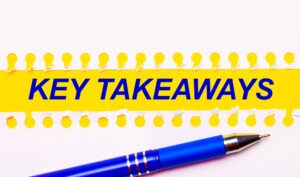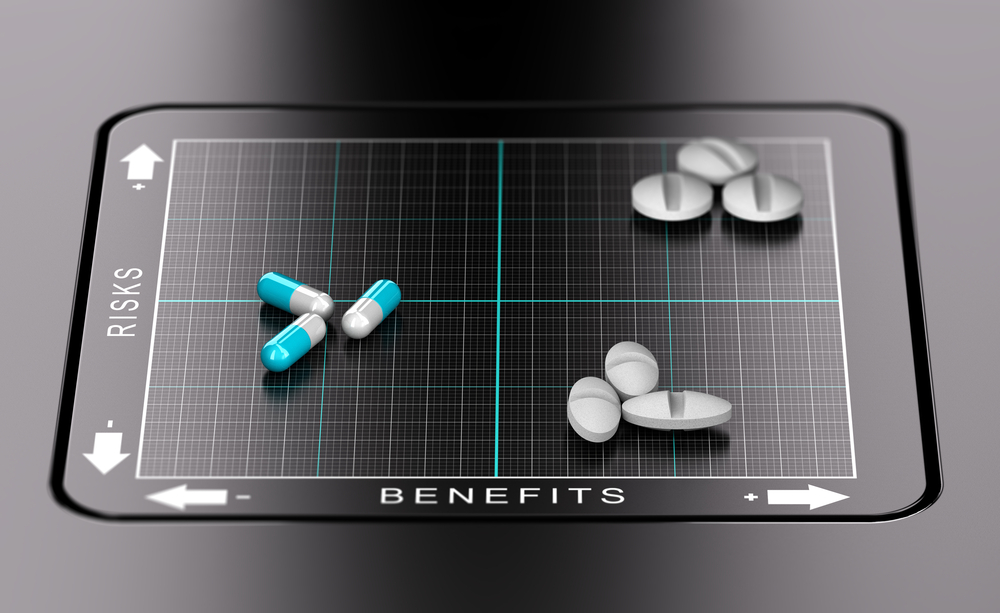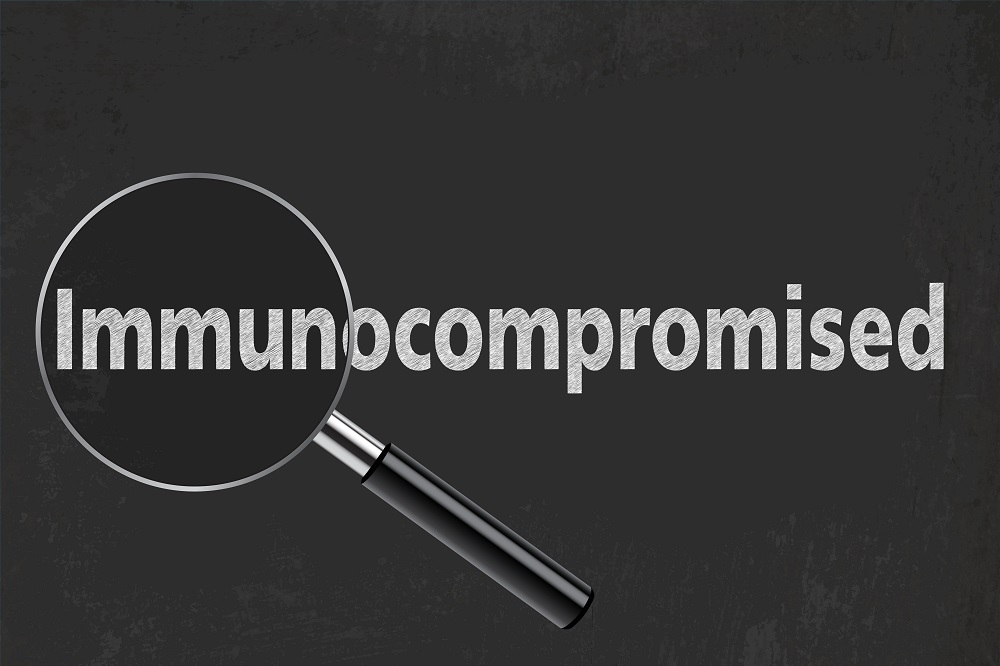Wow do you even know what a gift this article is?? It answers almost every question/concern I had about Evusheld ( I will ask 2? below)which I am hopefully soon to qualify for. Have ITP need to get a little better first to take shot. My life is so limited right now on moderate dose steroids, just down from high. Sheltering in place to stay safe. I miss my grands! Week by week determination whether levels will go up/down based on blood work. I’ll be honest getting Covid now terrifies me-long dx list, over 70,etc. Information empowers me, helps me participate in my care-addresses my high anxiety levels even though I am sheltering in place. ? Why does it make you tired as a side affect? Did you take the shots-how much did they hurt? Im a little chicken. Could you sit down after? Thank you so much for this article. Saved me a lot of research time & struggle w info above my pay grade.
What is Evusheld and Who Should Get Evusheld: Prevent COVID-19 [OCT 2022 Update]

What is Evusheld? It is a treatment to prevent COVID-19 infections. It is not a vaccine. It is made up of two different monoclonal antibodies.
NOTE: Johns Hopkins University Press, publisher of The Lupus Encyclopedia, is a nonprofit publisher. If you purchase JHUP books, like The Lupus Encyclopedia, you support projects like Project MUSE.
Evusheld reduces COVID-19 infections by 83%.
Evusheld begins to wane after about 6 months. Therefore, the manufacturer of Evusheld recommends retreatment every 6 months.
Who should get Evusheld?: The immunosuppressed and those at high risk for severe COVID-19 infection.
UPDATE October 2022:
A follower of More Than Lupus asks a question about the effectiveness of Evusheld against the newer Omicron variants. Here is my answer:
Evusheld (tixagevimab-cilgavimab) is a preventative treatment against the coronavirus that causes COVID-19. It is a form of treatment called “PRe-Exposure Prophylaxis” or PrEP. It is the only PrEP treatment that we have. It is not a vaccine and does not rely upon a person’s immune system to work.
It consists of two different monoclonal antibodies that are each injected into each buttock at the same treatment visit: tixagevimab into one buttock and cilgavimab into the other. This immediately gives the treated person additional antibodies directed toward COVID-19. This treatment was developed before the Omicron variants emerged and received emergency use authorization in November 2021.
The tixagevimab does not have very good protection against the Omicron variants. The cilgavimab component does appear to have better protection, but at a reduced amount compared to its effectiveness against the original coronavirus strains. To read more about Evusheld’s effectiveness against Omicron variants, you can read more at: https://www.fda.gov/media/154701/download
A way to think about protection is that no preventative protection (masks, social distancing, vaccines, Evusheld, and previous infection) is 100% effective against future COVID-19 infection. However, each of them add an additional protective layer of protection. For example, someone who has been infected, is vaccinated and boosted with a new bivalent vaccine, has received Evusheld, and practices social distancing is very well protected against future severe infections. Take away any of these protections, and the risk is greater.
If you develop any symptoms of a viral infection (fever, stuffy nose, sore throat, cough, aches, loss of smell or taste), make sure to perform home tests for COVID-19. If you test positive, alert a physician immediately. Effective treatments (such as Paxlovid) are available. However, they are most effective when taken soon after the onset of symptoms.
What is Evusheld (tixagevimab-cilgavimab, AZD7442)
Evusheld is a treatment to help prevent COVID-19 infection. Tixagevimab and cilgavimab are the names of the two different monoclonal antibodies that make up Evusheld. Each Evusheld package contains one vial of tixagevimab and one vial of cilgavimab. Therefore, Evusheld is actually a combination of two different medicines. A health care provider injects one vial into each buttock muscle (gluteal intramuscular injection). Tixagevimab goes into one buttock muscle and cilgavimab into the other, during the same treatment visit.
This treatment immediately gives the person protective antibodies directed towards COVID-19.
Another term for this form of preventative treatment is pre-exposure prophylaxis (PrEP). Furthermore, another name used for Evusheld by the producer AstraZeneca is AZD7442.
If you have recently had a COVID-19 vaccine, wait at least 2 weeks before getting Evusheld.

What is a COVID-19 monoclonal antibody?
This is just a fancy word meaning an antibody directed towards COVID-19. The above image gives a simplistic idea as to how they work.
Note: many of you reading this post are taking monoclonal antibodies and do not realize it. Other examples of monoclonal antibodies include belimumab (Benlysta), anifrolumab (Saphnelo), rituximab (Rituxan), and adalimumab (Humira). Notice how these drug names end in the suffix -mab (monoclonal antibody).
How does Evusheld differ from COVID-19 vaccines?
When we give someone a vaccine, we are asking the person’s immune system to recognize the vaccine as a foreign substance that looks identical to parts of the coronavirus that causes COVID-19. We are asking the person’s immune system to learn to recognize and fight against it if they ever become exposed to COVID-19. The problem is that people with abnormal immune systems can have more difficulty responding to COVID-19 vaccines, and the vaccines may wear off faster than in other people. And, even when the vaccines work, their abnormal immune systems may not work properly enough to protect the person adequately against COVID-19.
Evusheld treatments immediately give the person antibodies directed against COVID-19. This helps give them immediate additional protection. The person does not have to wait a few weeks for protection (like after a vaccine).
How long does Evusheld last?
The antibodies begin to decrease over time at around 6 months. On June, 29 2022, the US Food and Drug Administration (FDA) announced that Evusheld should be readministered every 6 months.
Evusheld is recommended to be administered every 6 months

How effective is Evusheld?
5197 people were studied in an ongoing phase 3 clinical trial. The research doctors gave Evusheld to 3460 people in the research study (another word for clinical trial), and a fake shot (placebo) to the others. The New England Journal of Medicine reported the results on June 9, 2022. They followed each patient for around 6 months.
1% of those treated with placebo became infected with COVID-19, while only 0.2% of those treated with Evusheld became infected. That is truly remarkable! Evusheld essentially lowered infection rates 5-fold!
Two people in the study died of COVID-19 and five others had life-threatening COVID infections. All of these occurred in patients who received placebo. No one who received Evusheld developed a severe COVID infection.
How safe is Evusheld?
Very safe. 34% of those who got placebo developed symptoms that they thought could have been side effects. (In other words, they were not really side effects, except soreness at the injection site, since they got a fake shot or placebo). 35% of those who got Evusheld did. That is just a 1% difference between Evusheld and placebo, which is remarkably low.
The list of potential side effects is very short; the vast majority are “nuisance” side effects, such as fatigue, cough, headaches, soreness at the injection site, and dizziness.
There was 1 heart attack death during the study. The treating doctor determined that Evusheld did not cause the heart attack. However, since there were numerically more heart attacks in the Evusheld group, the FDA placed a “warning” on the label (as a precaution) about the possibility of heart attacks, though there is no proven association. Just think about it. This was a study of around 6 months, with 3460 people getting Evusheld, many of whom were over 60. You do expect to see heart attacks in a group such as this over 6 months.
There was one severe allergic reaction (out of 3460 Evusheld patients). Therefore, doctors monitor treated patients for an hour after the injection to ensure they do not develop an allergic reaction (though severe reactions appear to be very rare).

The immunocompromised, those at high risk of infection
Those at high risk of doing poorly if infected
Those who are less likely to respond well to COVID-19 vaccines
Those who are unable to complete the COVID-19 vaccine series
Who should get Evusheld?
The formal US FDA emergency use authorization indication is for:
“Patients with moderate to severe immune compromise who cannot be vaccinated or may have an inadequate response to vaccination.”
One group that should get it is those who cannot get a COVID-19 vaccine. This includes people who developed severe anaphylaxis to a vaccine and cannot complete the primary series and booster shots. However, there are also those who will not get a vaccine for other reasons (vaccine hesitancy, vaccine phobia, etc.) They should consider Evusheld.
Doctors can figure out if their patients are moderately immunocompromised. Ask your doctor if you are in this category.
The Centers for Disease Control developed a list of conditions that compromises the immune system. The list includes those with immunodeficiency disorders (such as HIV infection and DiGeorge syndrome), and those treated with immunosuppressant drugs (most biologics, cancer drugs, many of drugs used to treat lupus and related disorders, and prednisone of 20 mg a day or more).
However, many other conditions compromise the immune system, like advanced age, alcoholism, diabetes, kidney disease, cancer, malnutrition, radiation therapy, and many others. An 80-year-old malnourished diabetic who drinks too much alcohol is immunocompromised and would be a candidate for Evusheld.
I agree with the authors of the “COVID-19: Epidemiology, virology, and prevention” section at UpToDate.com. They consider multiple variables, including the CDC definitions of immunocompromised patients (as noted above) and the “risk of SARS-CoV-2 exposure, the likelihood of severe disease if infected, … the likelihood of response to vaccination, underlying comorbidities, and patient preference.”

Isn’t Evusheld experimental?
I have seen this term used, but it is incorrect. Like many treatments for COVID-19, Evusheld has Emergency Use Authorization by the US Food and Drug Administration (FDA). The path to full FDA approval is very long: composed of years of evaluation, bureaucracy, paperwork, and money. We just do not have the time to wait for the entire FDA-approval process in the middle of a pandemic when so many people are losing their lives. Emergency Use Authorization is only given after vigorous research, similar to what drugs do for the formal FDA-approval process.

Just think of it. Evusheld has already gone through the 3 phases of research (clinical trials). The last one was a huge study of over 5000 participants.
I feel comfortable enough with the data sufficient to get the treatment myself and recommend it to my patients. In other words, I put my money where my mouth is.
Where can you get Evusheld treatment?
Many hospitals and pharmacies give Evusheld. Doctor’s offices that care for immunosuppressed patients (oncologists and rheumatologists) also provide it. For example, our office is one of the treatment sites in the state of Maryland.
The government also has an easy-to-use online locator. Select “Evusheld” under “Order Label,” then your state and county. It will then show a list of treatment sites at the bottom of the page.
The bottom line
Evusheld is safe and effective in preventing infection and severe complications from COVID-19.
A health care provider injects both monoclonal antibody treatments into opposite buttocks, both at the same treatment visit. Make sure to repeat this every 6 months.
Those who cannot (or will not) complete a COVID-19 vaccine series should consider getting Evusheld.
People at high risk for infection, not expected to respond well to the COVID-19 vaccines, and are expected to do poorly if infected should consider getting Evusheld. I offer it to all my systemic lupus patients on immunosuppressant therapy.
I tell my patients that getting Evusheld (after having your COVID-19 vaccines) is like having “double armor” against COVID-19.
Have you received Evusheld?
What was your experience like?
Please comment
8 Comments
 Penel
Penel Donald ThomasModerator
Donald ThomasModeratorPenel:
1) Thanks so much for your kind words. It does take me a lot of time to prepare articles like this. So your comments remind me that it is worth doing, even if I can help just one person.
2) So sorry to hear about your ITP. I cannot imagine what you are going through. Not being able to see my grandma when I was younger would have been devastating. I hope they get you a lot better so you can get your life back.
3) Uhsure of the fatigue side effect. None of my patients have complained of fatigue, and it was just mild when it happened in the clinical trials. There was also only a 1% difference in “side effects” reported between placebo and Evusheld, so I would not even worry about it.
4) I got my shots and felt hardly anything at all. I tell people that they are similar to the old penicillin shots, primarily due to the volume of fluid injected: 3cc into each buttock. No problem sitting.
Good job in being so proactive in your healthcare, btw… makes a big difference in the long run! …Donald Thomas, MD
 Mary
MaryUnfortunately I contracted COVID 19 while on vacation in early July. Fortunately my symptoms were mild and I thought it was my allergies acting up until I developed a low grade fever. Ran a COVID test and discovered I had COVID. My doctor offered Paxlovid (sp) for treatment but by the time I realized I had the coronavirus it was too late for it to do any good. I do have leukopenia and Lymphopenia. I am currently not neutropenic which I am sure helped. Based on my experience I suspect the newer version of the coronavirus is less nasty than the earlier versions. I do have Rheumatoid arthritis and SLE.
I will ask my rheumatologist about Evusheld when I see her later this month. I hope to get the newest vaccine (can’t remember it’s name at the moment) when it is hopefully released this fall. I did have a J&J vaccine when it was first released and can’t find a location that offers it otherwise I would have gotten another J&J vaccination.
Thanks for reading my post and thank you for your wonderful blog. I love it.
 Donald ThomasModerator
Donald ThomasModeratorMary: I am so glad you are doing better and that you are getting Evusheld. I got it myself to help protect my patients. The data in the research study was quite impressive. And thank you for your kind words.
Donald Thomas, MD

Dr Dave,
Thank you! The information you provided is priceless and direct. How I wish it would have come up in my search before the nejom white paper I have been skimming for days.
You read the research AND had the antibody treatment! Thank you for sharing your education and experience.
My evusheld appt is today and I was faltering. The heart risk seems so prominent in the warnings and as a Lupus patient with prior PE; terrifying. I have had prior ITP reactions to vaccines and during flares.
I have managed to dodge covid thus far and want to travel to visit my daughter attending grad school.
Going to my appt today with some resolve that it’s extremely unlikely to end poorly. Anecdotal additions to the data were what really helped me feel fortified. Thanks again. Donald ThomasModerator
Donald ThomasModeratorThank you for your comments, Shannon. If your doctor recommends Evusheld because you are immunosuppressed, then it is probably the best choice. I was really not impressed with the heart issues when the final data became available and showed no statistical significant difference. Of course, this does not mean that it heart problems could not be a rare side effect, but it is more reassuring that it more likely is not. Weighing the risks vs benefits, the chances of my lupus patients doing poorly from COVID are much much worse than the potential side effects of COVID. I actually lost one patient to the Omicron as I was trying to set her up for Evusheld (caught by a family member at a gathering) and another ended up on a ventilator as I as setting her up. These are real things that we physicians see. Yet, I have still not heard of any bad reactions to Evusheld from my patients nor my colleagues who recommend it.
Thank you for your trust in reading my posts.
Donald Thomas, MD
 Shannon
ShannonPlease edit my comment to address you correctly!
 Stephanie Schmitt
Stephanie SchmittDr. Thomas,
I have SLE, Sjögren’s, Fibromyalgia, and NHL. I saw the commercial with Jeff Bridges and did an internet search, reading everything (I thought) I could find about EVUSHELD. I sent my oncologist a message asking about it and he highly recommended I get it. They sent me the insert information and while I did read it all, I still had some questions. You answered every single one. I called this morning, and I will get my injections Monday.
Thank you for all the work you put into this post. I know it takes a lot to write such an informational article.
Sincerely,
Stephanie





Leave a comment